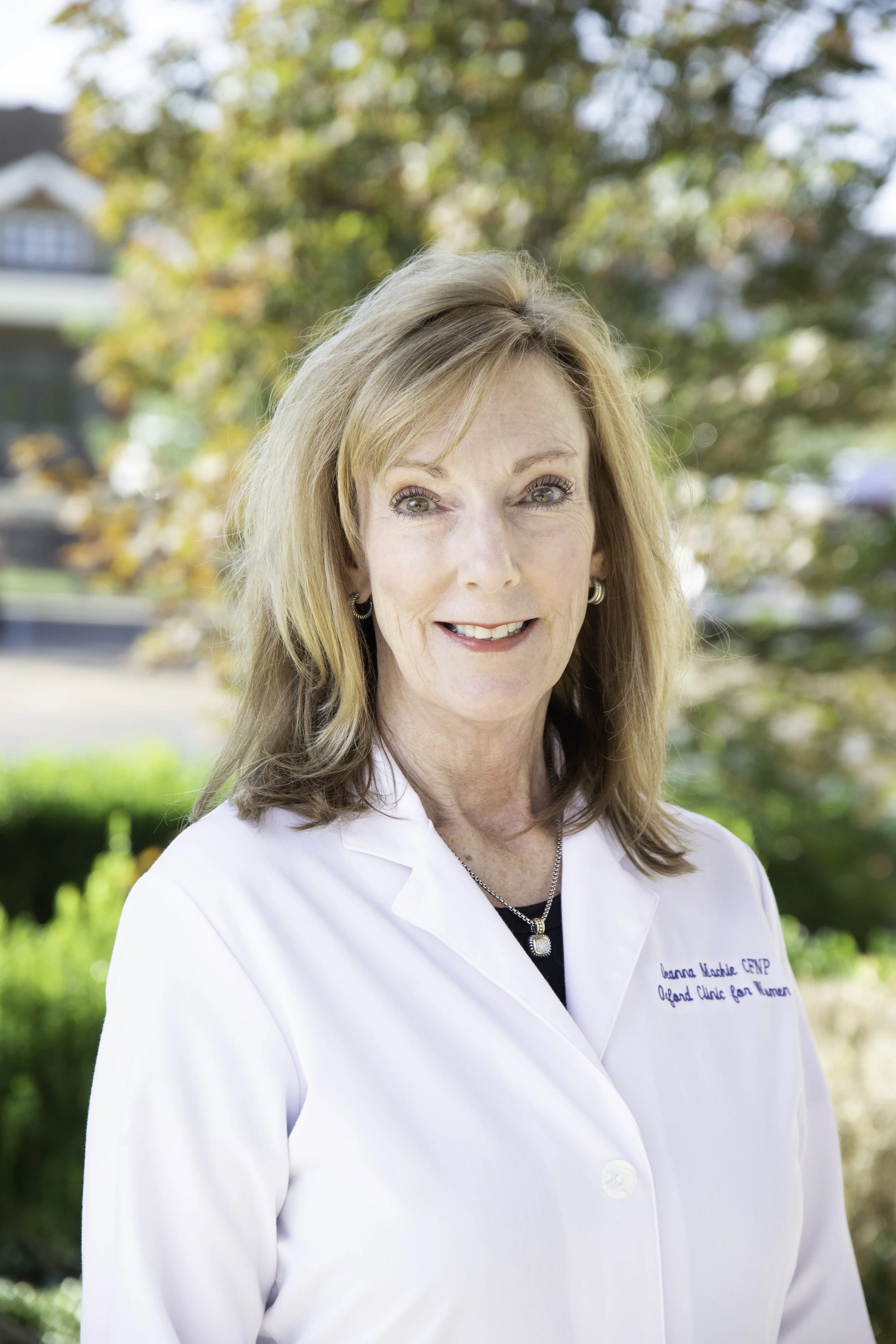
Infertility
When so much of our reproductive lives are focused on avoiding pregnancy, problems with fertility can feel very isolating.
You are not alone.
The U.S. Centers for Disease Control estimate about 6.1 million women have difficulty conceiving or sustaining pregnancy. While referral to an infertility specialist may ultimately be necessary, the Oxford Clinic for Women team can help guide you through evaluation and management of fertility issues.
Many factors can influence fertility. The fallopian tubes, which carry the egg from the ovaries to the uterus, can be blocked or scarred from past infections or endometriosis. Issues with hormones produced by reproductive organs, the thyroid gland or pituitary gland can also impact fertility. Lifestyle factors play a role in fertility, too. For women who weigh too little or too much, conception can be more difficult, according to American College of Obstetricians and Gynecologists. Although moderate exercise generally helps fertility, too much strenuous exercise – more than five hours a week of intense work outs – can disrupt ovulation.
Moderate to heavy alcohol consumption and smoking also can negatively impact the ability to conceive. For men, tobacco, heavy alcohol consumption and marijuana can reduce sperm count and movement.
An initial visit to investigate problems with fertility will generally include a review of medical history, sexual history and a physical exam. Blood and urine tests can be used to measure hormone levels and ovarian reserves. Medical imaging, like ultrasound, may be used to look at the structure of the ovaries, fallopian tubes and uterus.
FAQs
+ How does age affect fertility?
According to the American College of Obstetricians and Gynecologists, for healthy couples in their 20s or early 30s, the chance that a woman will become pregnant is about 25 to 30 percent in any single menstrual cycle. This percentage starts to decline in a woman’s early 30s. It declines more rapidly after age 37. By age 40, a woman’s chance of getting pregnant drops to less than 10 percent per menstrual cycle. A man’s fertility also declines with age, but not as predictably.
+ When should couples seek medical help getting pregnant?
For women under 35, infertility evaluation typically begins after a year of attempting to conceive. Because fertility declines with age, women between 35 and 40 should be evaluated after six months of trying to become pregnant. Women over 40 and those with medical issues known to cause infertility can start the fertility evaluation process as they begin trying to conceive.
+ Is infertility just a problem for women?
For opposite sex couples, both partners should be evaluated if there are concerns about fertility. According to the Office of Women’s Health, a third of infertility issues are related to the female and a third to the male. Other cases are mix of issues with both partners or the cause remains unknown. For women, problems with ovulation are the most common source of infertility. For men, issues with sperm cells are the most common problem. While Oxford Clinic for Women is focused on women’s reproductive health, we can work as part of a couple’s team, coordinating with urologists who typically evaluate male fertility issues, and reproductive specialists.
+ What if the source of my infertility can’t be explained?
Sometimes, it isn’t clear why a couple is not able to conceive. Between 15 and 30 percent of infertility cases are diagnosed as unexplained. “In many cases, infertility can be successfully treated, even if no cause is found,” according to the American College of Obstetricians and Gynecologists.






